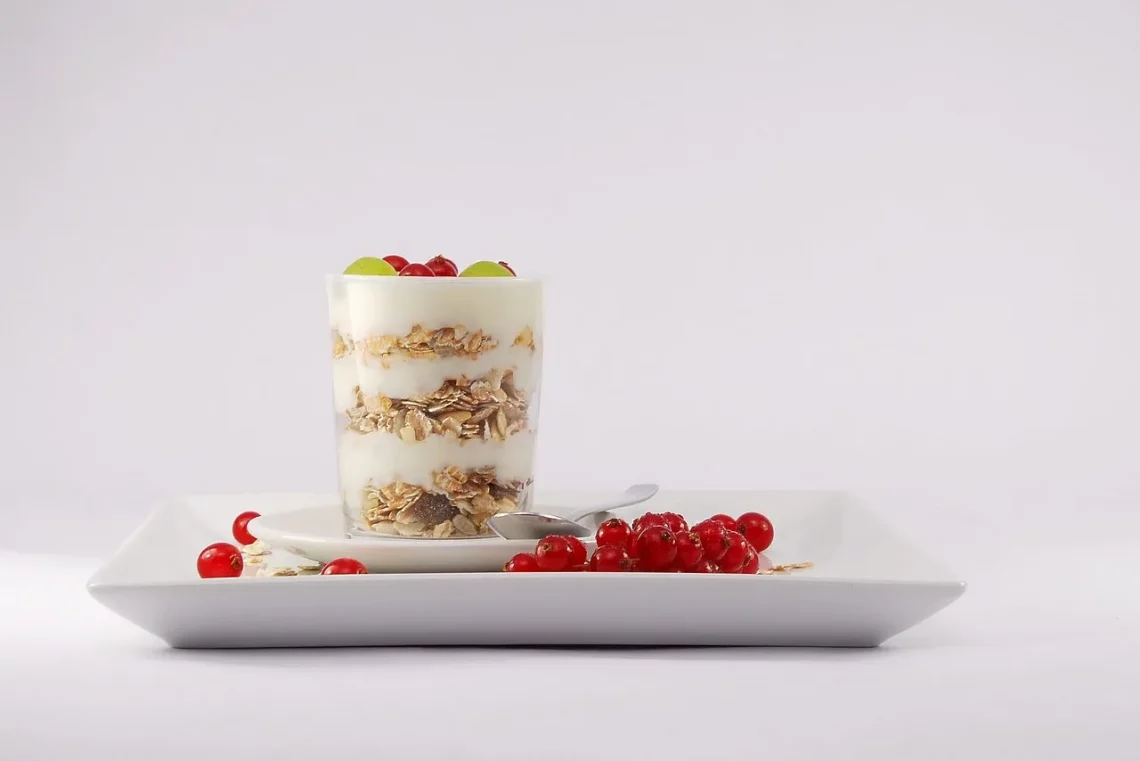
Low Fat Dog Treats for Pancreatitis: Healthy Options for Your Pet
When it comes to the health and well-being of our beloved canine companions, diet plays a crucial role. As pet owners, we often want to reward our dogs with treats, but it’s essential to consider their health conditions, especially when they face challenges like pancreatitis. This condition, characterized by inflammation of the pancreas, can be quite serious and requires careful dietary management. This is where low-fat dog treats come into play, offering a way to indulge our pets without compromising their health.
Pancreatitis can occur in dogs for various reasons, including dietary indiscretion, obesity, and certain medications. The inflammation can lead to a range of symptoms, from vomiting and diarrhea to abdominal pain and lethargy. Therefore, selecting the right treats is paramount. Low-fat options can help minimize the risk of aggravating the pancreas while still providing the love and care that comes with treating your furry friend.
In addition to being gentle on the digestive system, low-fat treats can be packed with nutrients, ensuring that your dog gets the essential vitamins and minerals they need. Making informed choices about dog treats can lead to a healthier, happier pet, ultimately fostering a more robust bond between owner and dog. Let’s explore some of the best options available and how they can contribute to your pet’s overall health.
Understanding Pancreatitis in Dogs
Pancreatitis is an inflammation of the pancreas, an organ responsible for producing enzymes that aid in digestion and hormones that regulate blood sugar levels. In dogs, this condition can be acute or chronic, with varying degrees of severity. Acute pancreatitis can develop suddenly and may be life-threatening, while chronic pancreatitis is a long-term condition that requires ongoing management.
The symptoms of pancreatitis in dogs can vary, but common signs include vomiting, diarrhea, abdominal pain, lethargy, and loss of appetite. These symptoms can often be mistaken for other issues, making it essential for pet owners to consult with a veterinarian if they suspect their dog may be suffering from pancreatitis. Diagnosis typically involves a combination of medical history, physical examination, and diagnostic tests such as blood work and imaging.
Dietary management is crucial for dogs diagnosed with pancreatitis. A low-fat diet is often recommended to reduce the workload on the pancreas and minimize inflammation. This means that not only should the main meals be carefully considered, but treats must also align with these dietary restrictions. Choosing low-fat treats can help keep the dog satisfied without the risk of triggering another episode.
In addition to dietary adjustments, other factors such as maintaining a healthy weight and regular veterinary check-ups can play significant roles in managing pancreatitis. Owners should also be cautious about any sudden changes in their dog’s diet, as these can lead to gastrointestinal upset. Understanding the condition and its implications allows dog owners to make informed decisions about their pet’s nutrition and overall health.
Benefits of Low-Fat Treats for Dogs
Low-fat dog treats are not just a thoughtful choice for dogs with pancreatitis; they also offer a variety of benefits for all dogs, especially those prone to weight gain or digestive issues. One of the primary advantages of low-fat treats is their ability to provide a guilt-free way to reward pets without overloading them with calories. This is particularly important for dogs that may be less active or have metabolic concerns.
By opting for low-fat treats, pet owners can help support their dog’s weight management. Obesity is a common issue in dogs and can exacerbate health problems, including pancreatitis. Treats that are lower in fat and calories can help maintain a healthy weight while still allowing for the enjoyment of snacking. This can be particularly beneficial for dogs that are less active or aging, where weight management becomes even more critical.
Moreover, low-fat treats can be packed with essential nutrients that contribute to overall health. Many commercially available low-fat options are formulated to include vitamins, minerals, and other beneficial ingredients such as omega fatty acids, which can promote a healthy coat and skin. Additionally, some treats incorporate fiber, which aids in digestion and can help dogs feel fuller longer, reducing the urge to overeat.
Another benefit of low-fat treats is their versatility. They can be used for training purposes, as a way to distract dogs during grooming, or simply as a special reward. Many dogs respond positively to treats, making them an effective tool for reinforcing good behavior. With low-fat options, pet owners can feel confident that they are not compromising their dog’s health while providing motivation and encouragement.
Lastly, low-fat treats often come in various flavors and textures, appealing to even the pickiest of eaters. From crunchy biscuits to soft chews, there is a wide range of options available, making it easy to find something that your dog enjoys. This variety can help keep snacking interesting and enjoyable for your pet, fostering a positive relationship with their diet.
Homemade Low-Fat Treat Recipes
For pet owners looking to have complete control over their dog’s diet, making homemade low-fat treats can be a fantastic option. Not only do these treats allow for customization according to your dog’s preferences and dietary needs, but they can also be a fun and rewarding activity for pet owners.
One popular recipe for low-fat dog treats is simple pumpkin biscuits. To make these, you will need:
– 1 cup of whole wheat flour
– 1 cup of pure pumpkin puree (not the spiced pie filling)
– ½ cup of unsweetened applesauce
– 1 egg
Preheat your oven to 350°F (175°C). In a large bowl, mix all the ingredients until a dough forms. Roll out the dough on a floured surface and cut it into shapes using cookie cutters. Place the shapes on a baking sheet lined with parchment paper and bake for about 25-30 minutes until they are firm and golden brown. Allow them to cool before serving.
Another easy recipe is for sweet potato chews. Simply bake a sweet potato until it’s soft, then slice it into thin strips. Dehydrate these strips either in a dehydrator or your oven on a low setting until they are chewy but not brittle. These chews are not only low in fat but also rich in vitamins and minerals, making them a nutritious snack.
For a protein-packed option, consider making chicken and rice bites. Cook a cup of brown rice and mix it with shredded, cooked chicken breast and a small amount of low-fat broth. Form small balls from the mixture and bake them in a preheated oven at 350°F (175°C) for about 20 minutes. These treats are low in fat and high in protein, providing a filling snack for your dog.
When creating homemade treats, it’s essential to avoid ingredients that could be harmful to dogs, such as chocolate, onions, and garlic. Always consult with your veterinarian if you are unsure about specific ingredients, especially when your dog has health concerns like pancreatitis. By preparing these treats at home, you can ensure that you are providing safe, healthy options for your furry friend.
Choosing Store-Bought Low-Fat Treats
For those who may not have the time or resources to make homemade treats, there are plenty of store-bought low-fat options available. However, selecting the right product requires careful consideration of ingredients and nutritional content.
When shopping for low-fat dog treats, always read the label to check for fat content. Ideally, treats should have less than 10% fat on a dry matter basis. Moreover, the first ingredient should ideally be a high-quality protein source, such as chicken, turkey, or fish. Avoid treats that list fillers, artificial preservatives, or by-products as primary ingredients, as these can be detrimental to your dog’s health.
Look for treats that are specifically designed for dogs with dietary restrictions, including those with pancreatitis. Many brands offer specialized formulations that cater to dogs with sensitive stomachs or specific health issues. These treats are often created with vet recommendations in mind, ensuring they meet the necessary dietary requirements.
It’s also wise to opt for treats that contain natural ingredients. Many brands focus on using whole foods and avoid artificial additives. Ingredients like sweet potatoes, pumpkin, oats, and brown rice are excellent choices that provide additional health benefits. Some treats also include added vitamins and minerals, which can contribute to your dog’s overall health.
Lastly, consider the texture and size of the treats. Smaller, softer treats may be ideal for dogs with chewing difficulties or those who are older. Crunchy treats, on the other hand, can promote dental health by helping to clean teeth as your dog chews.
In conclusion, while pampering our pets with treats is a beloved ritual for many dog owners, it’s vital to ensure that these snacks contribute positively to their health, especially for dogs with conditions like pancreatitis. By choosing low-fat options, whether homemade or store-bought, you can provide your furry friend with safe and healthy indulgences.
**Disclaimer: This article is not intended as medical advice. For any health issues concerning your pet, please consult your veterinarian.**




